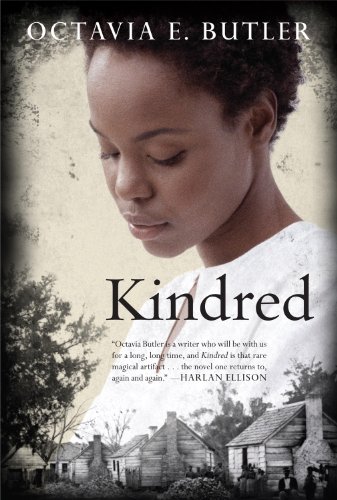Magdala Cled is an unattractive disabled woman living in a world where genetic engineering has ensured that everyone around her is beautiful and healthy. She’s a genetic misfit who has no family, friends, or social support of any type.
When a handsome rich man offers to make her beautiful, she goes along with his plan. What Magda doesn’t know is that her new body is the clone of a scientist/entrepreneur that her benefactor is competing with and for whom he has some evil plans.
I greatly admire Tanith Lee’s style,
Read More

















We’re in total agreement David!
I felt just the same. The prose and character work was excellent. The larger story was unsatisfying, especially compared to…
Hmmm. I think I'll pass.
COMMENT Was I hinting that? I wasn't aware of it. But now that you mention it.... 🤔
So it sounds like you're hinting Fox may have had three or so different incomplete stories that he stitched together,…